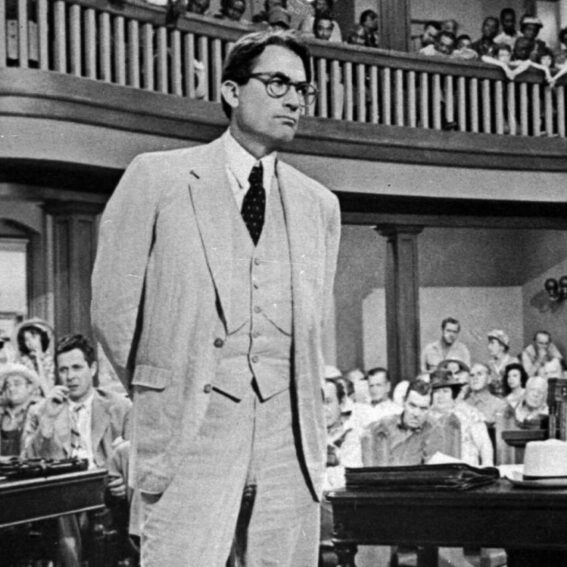Just Mercy by Bryan Stevenson
I’ve just finished a book called Just Mercy by Bryan Stevenson and found it positively riveting. I don’t often say this, but I think every American should read this book, especially those concerned with the criminal justice system.
As a writer, Stevenson is in a class with Ernie Pyle, Alexander Dumas, and Homer in his ability to grab and hold the reader’s interest with great stories — his own, and those of his clients, those on Death Row and those sentenced to die in prison.

It is through the eyes of this young lawyer, a recent graduate of Harvard Law School, that we meet Walter McMillan, a sturdy middle-aged logger whose only crime was having an affair with a white woman.
He lives in Monroeville, the setting of To Kill a Mockingbird, where Atticus Finch famously defended Tom Robinson, who was falsely accused of rape, convicted in spite of overwhelming evidence, and finally shot trying to escape.

The town takes great pride in its literary and cinematic celebrity. The old courthouse, where the movie starring Gregory Peck was filmed, has been made into a museum and a local theater group called The Mockingbird Players reenacts Harper Lee’s story to audience who come on tours from all over the world.
And while this is going on, down the street in the new courthouse, an innocent black man is being framed for murder. The irony, as they say, is palpable.
There are so many tragic aspects to this story, one of which is that at the time the crime was committed — the shooting of a popular white girl — Walter was miles away at a fish fry at his house and dozens of his neighbors, including a minister, saw him there all morning.
But they’re all black and two low-life white men testified they saw Walter at the scene of the crime. And their evidence was refuted again and again.
And the connivance of the sheriff and the prosecutors was demonstrated again and again. One man who swore that one of the prosecution witnesses was working with him all morning was arrested and charged with perjury.
In an effort to smear Stevenson, and even put him behind bars for witness tampering, deputies told one of the witnesses to say that he (Stevenson) had offered him (the witness) money and a condo in Mexico to change his testimony against McMillan
I won’t give away the ending to Walter McMillan’s story, but it’s one that I think every American should know.
Stevenson tells many other heartbreaking stories in this book, and he explains many court rulings in regard to capital punishment, minors charged as adults, mentally impaired defendants, miscarriages treated as murders, and issues of this kind.
And along with the heartbreak, he gives us many instances of kindness and humanity within the brutal and dehumanizing criminal justice system. All in all, this book qualifies as a ripping good read.
